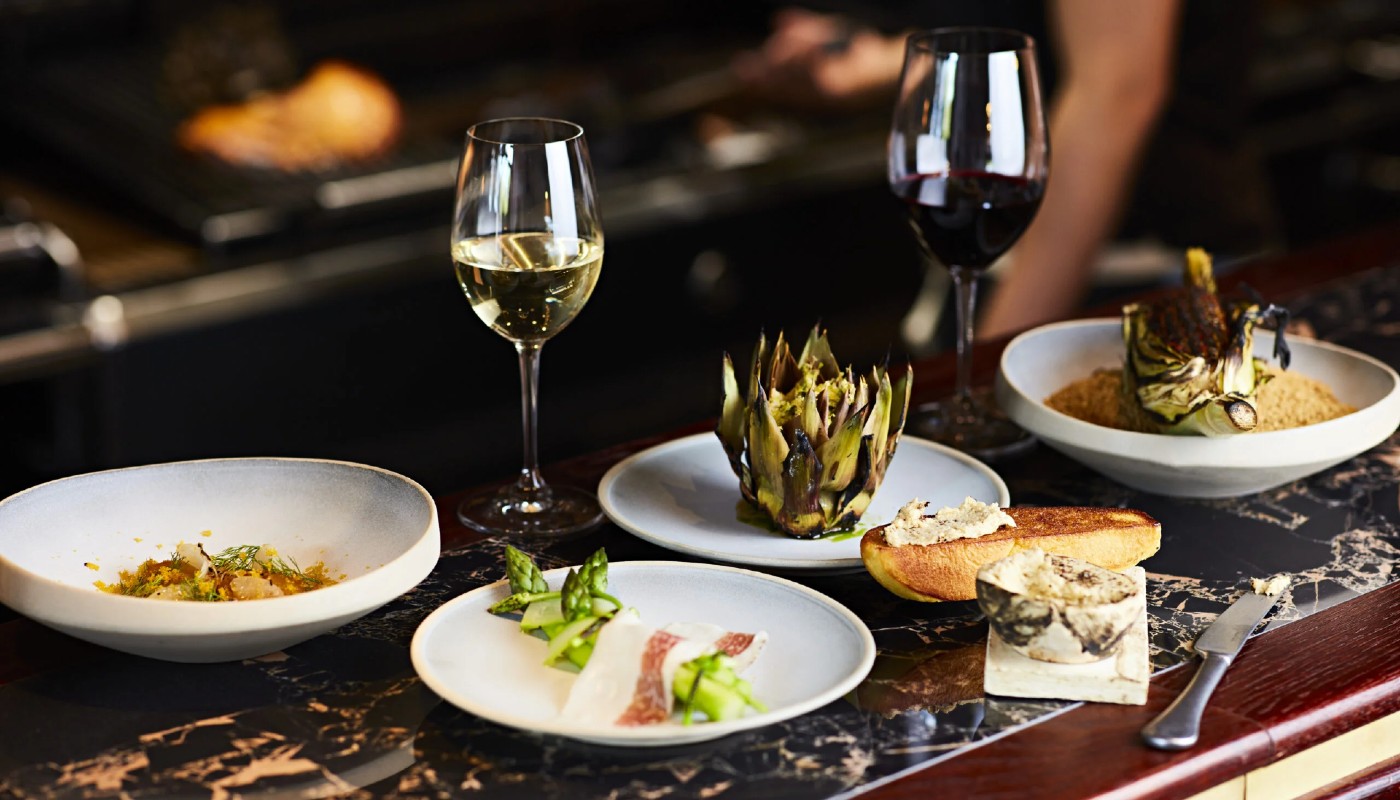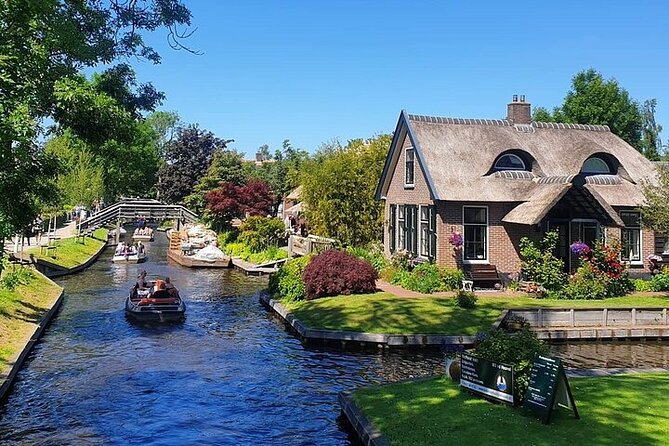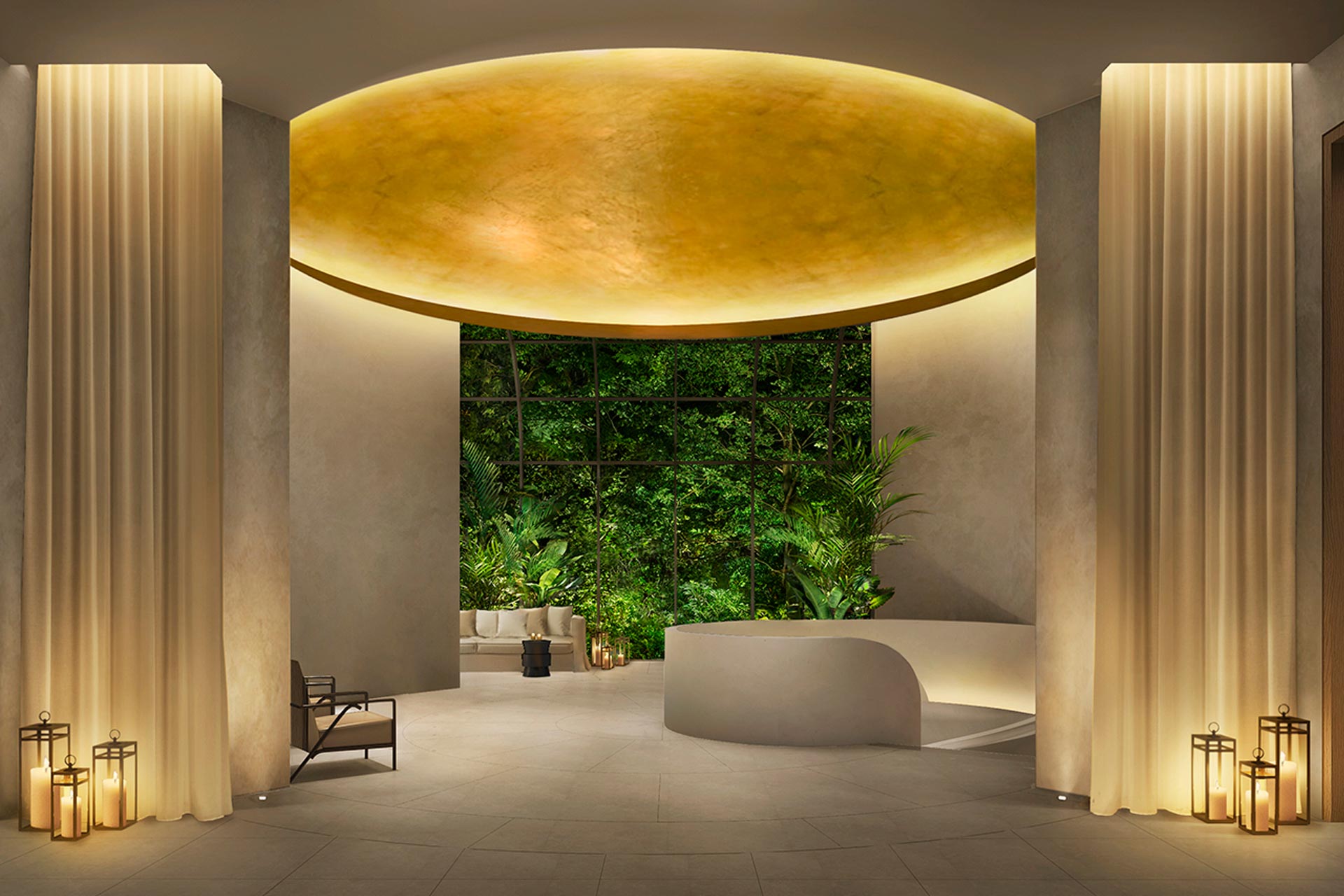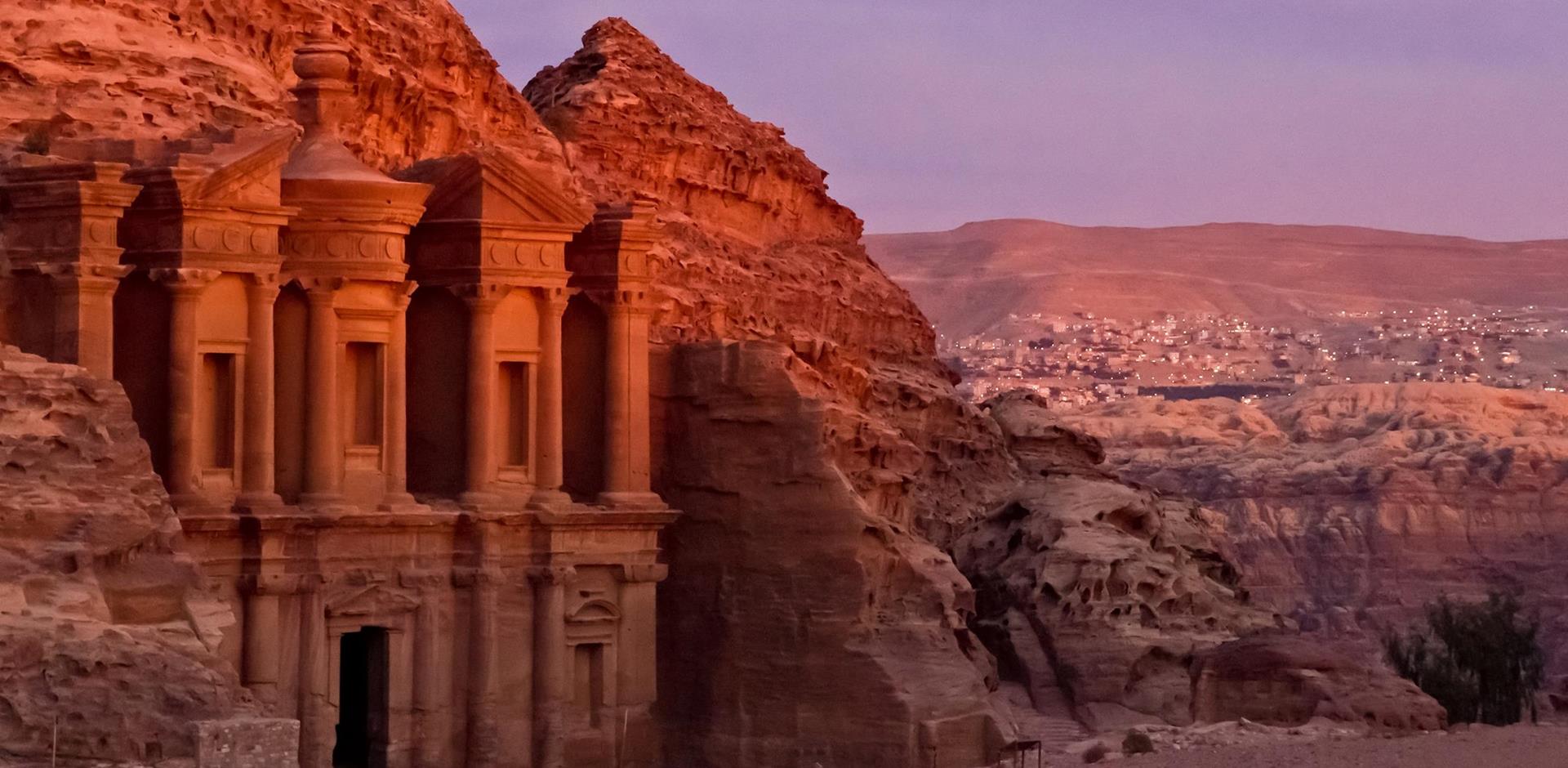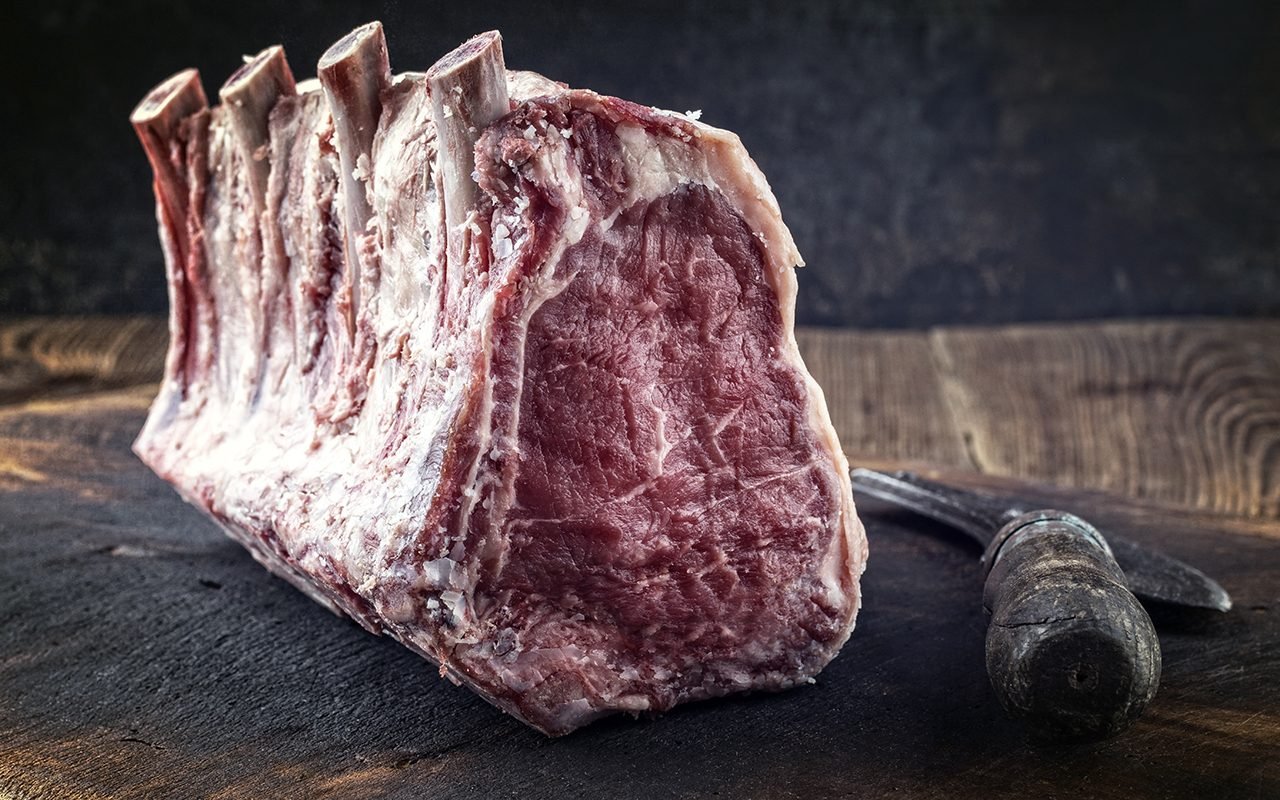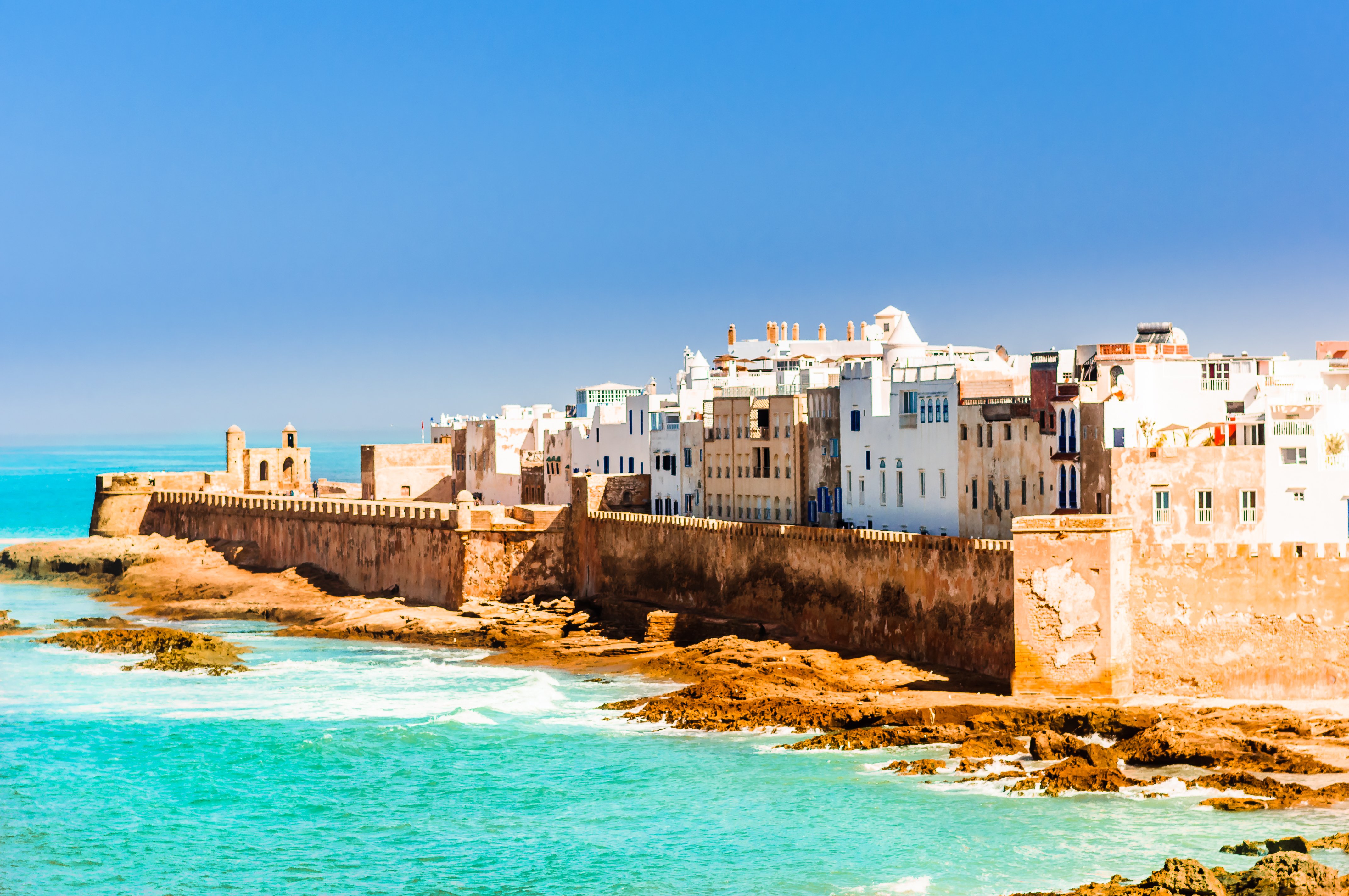
12 Reasons to Experience Morocco Through Its World’s Best Hotels
Through Its World’s Best Hotels Morocco is not a single journey; it’s a constellation of experiences—urban, coastal, desert, and alpine—woven together by a hospitality culture
The country’s finest hotels don’t just host travelers; they choreograph a narrative that runs from medina to mountains, riad to dunes, hammam to Atlantic breeze. Here are twelve definitive reasons Morocco’s top properties belong on every serious traveler’s map.
Historic courtyard houses—cool, inward-looking, and exquisitely tiled—are Morocco’s signature hospitality form. Top riad hotels preserve this grammar of privacy and light: zellige mosaics, carved cedar, tadelakt walls, and fountains that soften the air. You don’t just check in; you enter a spatial lesson in geometry, shadow, and calm.
Keywords: Riad, Zellige, Tadelakt, Courtyard privacy
Morocco’s best hotels read like living design galleries, curating Berber textiles, hand-beaten brass, carved stucco, and contemporary Moroccan art with scholarly care. The result is an atmosphere where heritage meets modern minimalism—never pastiche, always dialogue—turning every suite into a study in proportion and texture.
In Morocco, wellness is not a trend but a tradition. The country’s leading spas elevate the hammam into a ritual of heat, steam, exfoliation, and essential oils—often with argan, neroli, or rose—followed by tea service and long, unhurried rest. It’s therapy, hospitality, and cultural literacy in a single ceremony.
Morocco’s kitchens are orchestras of spice and slow time—ras el hanout, preserved lemon, saffron, cumin. Top hotel restaurants refine the classics—tagines, bisteeya, mechoui—while advancing farm-to-table sourcing from the Atlas foothills and Atlantic fisheries. Bread is still a daily craft, and mint tea is a ritual of welcome, not a beverage.
The service ethos at Morocco’s finest properties is observant and almost invisible: a door opened before you reach for it, a shawl offered when the courtyard cools, mint tea arriving exactly as conversation slows. It is hospitality as choreography—timing, poise, and discretion.
From Andalusian layouts to wild, drought-wise plantings, the country’s great hotel gardens are not ornament; they are social architecture. Orange blossom, jasmine, and bougainvillea shape microclimates for breakfast, reading, or late-evening conversation—proof that shade and scent can be amenities as powerful as any spa.
Morocco compresses geographies with cinematic ease: breakfast in a Marrakech riad, lunch with Atlantic spray in Essaouira, sunset on Sahara dunes, and a star-cold night in the High Atlas. The best properties function as “switching stations,” aligning transfers, guides, and timings so the entire country feels comfortably proximate.
Luxury camps and desert lodges translate the Sahara’s immensities into comfort—canvas and cotton, fire and stars, Berber music and deep quiet. Dune walks at first light, tea in khaimas, astronomy under a black-velvet sky: the desert becomes not an absence, but a presence—of scale, memory, and perspective.
From hand-loomed blankets to hand-thrown ceramics, the material culture in Morocco’s best hotels is not décor; it’s a supply chain of artisanship. Many properties collaborate directly with cooperatives, allowing guests to commission or purchase meaningful pieces—souvenirs that are both story and livelihood.
The daily rhythm is a sensory score—first light catching a minaret, birds in courtyard trees, the evening adhan, then candles on tiled floors. Great Moroccan hotels understand that atmosphere isn’t a fixture or a fragrance; it’s time, staged precisely.
Water-wise gardens, earth-based materials, solar integration, and local sourcing are not footnotes. At the top tier, sustainability is folded into comfort—cool spaces without excess energy, cuisine that shortens supply lines, and employment models that keep skills and capital in community.
The best hotels are intelligent portals to Morocco’s living culture: guided souk walks focused on makers, concert salons for Gnawa or Andalusian music, calligraphy or bread-baking workshops, architecture tours that read the city like a text. You leave with context, not just photos.
For a balanced first journey, pair a medina riad (for architecture, hammam, and cuisine) with a coastal retreat (for sea air and slower days) and a desert or mountain extension (for silence and scale). Travel light on fixed plans: Morocco rewards generosity of time and curiosity more than box-ticked itineraries.
A unifying standard emerges across styles and regions:
To experience Morocco through its finest hotels is to discover that place-making can be poetry. You’ll leave with a sense that the country’s true luxuries are time, texture, and temperature—measured in shade, steam, and the soft percussion of a teapot on a brass tray.
Riads: Architecture That Feels Like a Secret Kept Just for You
Design Literacy at a World-Class Level
The Hammam: Wellness as Cultural Ritual
Culinary Journeys from Medina Kitchens to Atlas Farms
Service That Anticipates, Not Interrupts
Gardens as Living Rooms
Multi-Landscape Access in a Single Trip
Desert Hospitality That Redefines Silence
Craft as Ethos: What You Sleep On, Eat From, and Take Home
Sacred Time: Sunrise, Call to Prayer, and Candlelight
Sustainability That Guests Can Feel
Gateways to Culture, Not Bubbles From It
Planning the Ideal Morocco Arc
What Makes Morocco’s Best Hotels “World’s Best”?
The Takeaway

